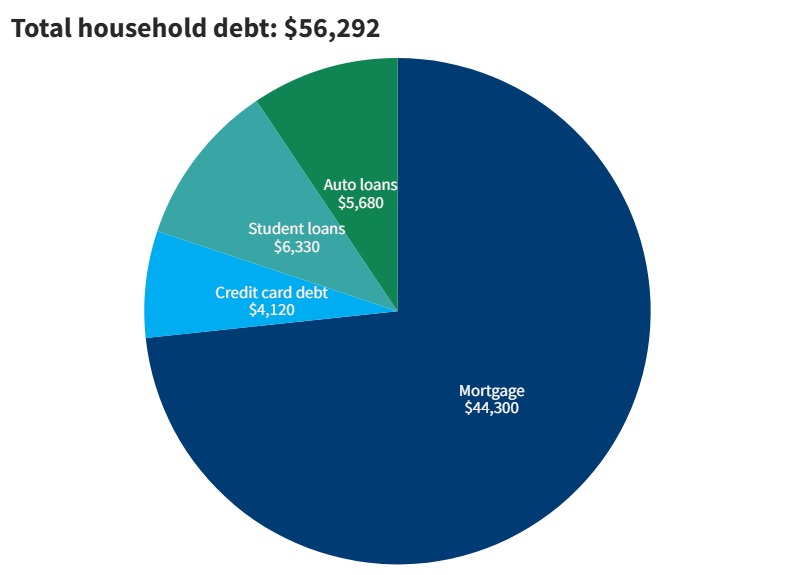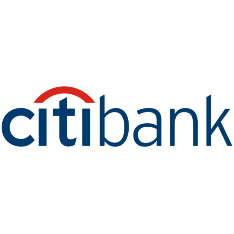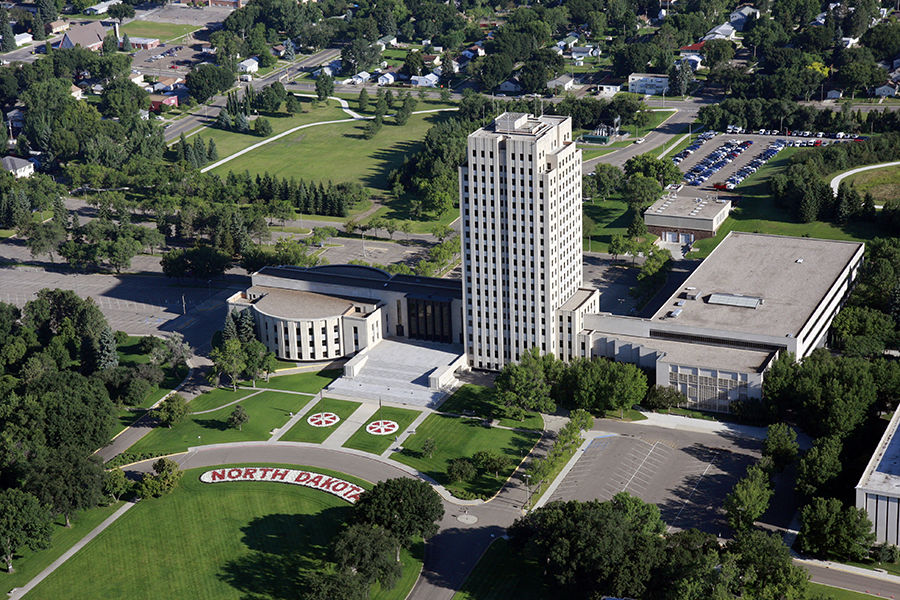Debt Relief Programs
Texas, the “Lone Star State,” offers numerous opportunities, but financial challenges persist. Natural disasters and rising living costs have led to increased credit card debt for many Texans. The average Texas household carries $12,485 in credit card debt, highlighting the need for effective debt relief solutions.
“Texans face unique financial pressures,” states a representative from APFSC. “We understand the impact of rising costs and are committed to providing tailored debt relief options.”
The Growing Debt Problem in Texas
Consumer Debt in Texas:
Recent data indicates significant credit card debt among Texas residents, with a high volume of bankruptcy filings.
Income and Employment in Texas:
Texas has a per capita income below the national average and a minimum wage aligned with the federal standard. The state’s “right-to-work” and “employment-at-will” policies influence its job market.
Banking and Taxes in Texas:
Texas has no income tax, but sales taxes can reach 8.25%. A significant portion of the population lacks traditional bank accounts.
Texas Housing Market:
Major Texas cities have competitive housing markets. Homeownership is common, and homestead exemptions offer protection. Rental and mortgage assistance programs are available.

Retirement in Texas:
Average Texas Insurance Premiums:
Auto, home, and health insurance premiums in Texas are substantial.
Helpful Resources for Texans Facing Hardship:
- Food Insecurity: A network of food banks across Texas provides assistance.
Veterans: Resources are available for veterans facing unemployment, homelessness, and other hardships.
How APFSC Helps Texas Residents Find Debt Relief:
- APFSC provides free credit counseling and debt management programs to Texas residents. We offer personalized debt analysis and budget evaluations, directing individuals to the most suitable solutions.
Relief Options to Consider if You’re in Debt in Texas:
- Debt Consolidation Loans: Consolidate debts with a single, lower-interest loan.
- Home Equity Loans and HELOCs: Utilize home equity to pay off debts.
- Credit Counseling: Receive expert guidance on debt management.
- Debt Management Programs: Work with creditors to reduce interest and create a payment plan.
Debt Settlement: Negotiate a reduced payoff amount with creditors.
Talk to a HUD-certified housing counselor to get help with the housing challenges you’re facing.
Talk to a HUD-certified housing counselor to get help with the housing challenges you’re facing.
FAQ
Will a Debt Management Plan hurt my credit score?
Initially, it might dip slightly, but most clients see improvement over time as they make consistent on-time payments.
How long does the program take?
Most people complete their plan in 3 to 5 years, depending on how much they owe.
Can I still use my credit cards?
Once enrolled in a DMP, those accounts are typically closed to help you stay on track.
Is my information kept confidential?
Yes. All consultations and services are private and secure.
Consolidated Credit Helps Texas Residents Reduce Their Total Credit Card Payments by Up to 50%
Case Studies
Michelle from Texas
“Their team truly cares. I’ve never felt more empowered financially.”
Before enrolling in a debt relief program:
- Total unsecured debt: $29,846.67
- Estimated interest charges: $36,659.84
- Time to payoff: 26 years, 4 months
After enrolling in a debt management program:
- Monthly payment reduced from $778.26 to $589.59
- Total interest charges: $5,528.89
- Time to payoff: 5 years
21 years, 4 months
Time Saved
$589.59
Monthly Savings
$31,130.95
Interest Saved
Joseph from Texas
“A+ service. Honest, helpful, and extremely professional throughout.”
Before enrolling in a debt relief program:
- Total unsecured debt: $11,257.32
- Estimated interest charges: $13,423.14
- Time to payoff: 20 years, 4 months
After enrolling in a debt management program:
- Monthly payment reduced from $272.99 to $206.81
- Total interest charges: $1,151.46
- Time to payoff: 5 years
15 years, 4 months
Time Saved
$206.81
Monthly Savings
$12,271.68
Interest Saved
















































